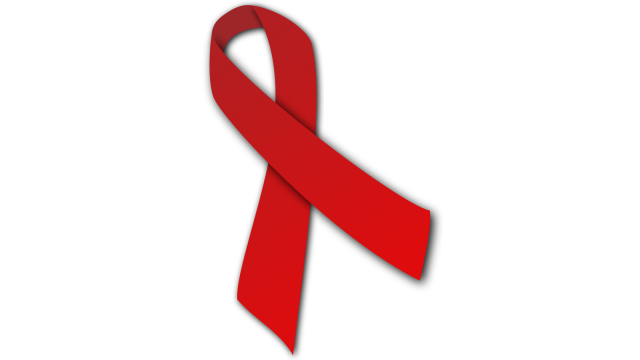Commentary: For Our Communities, HIV Is Too Important to Ignore

Today is National Latinx AIDS Awareness Day, and to mark the occasion, Mary Beth Maxwell, HRC’s senior vice president for research, training and programs, and Brent A. Wilkes, the national executive director of the League of United Latin American Citizens, penned a piece for The Advocate to draw attention to the impact of HIV & AIDS on Latinx communities.
HIV transmission rates are on the rise among Latinx LGBTQ people, they wrote.
According to the Centers for Disease Control and Prevention, Latinxs accounted for 24 percent of all new HIV diagnoses in 2014 despite comprising only 17 percent of the entire U.S. population. While that number is unacceptably high by any measure, it pales in comparison to the alarming rates of HIV transmission we’re seeing among Latinxs in the LGBTQ community.
Of course, the statistics don’t tell the whole story.
All too often, our organizations encounter people like Alexa Rodriguez, a brave transgender woman who contracted HIV from a partner years after she immigrated to the United States from El Salvador. Or people like Steven Vargas, a LULAC Houston member and long-term survivor who has been living with HIV since 1995. Steven lost both of his parents to AIDS-related complications.
Their stories speak to some of the social, legal, and cultural barriers Latinx LGBTQ people face in getting tested or treated for HIV, including language and immigration status. Many undocumented Latinxs, for example, avoid seeking HIV-related services altogether for fear of violence, harassment, and deportation – fears that are only compounded when woven together with homophobia and transphobia.
HRC and LULAC both affirmed the organizations’ commitment to “pushing for a world where all people can lead healthy, meaningful lives regardless of their HIV status.”
You Might Like
